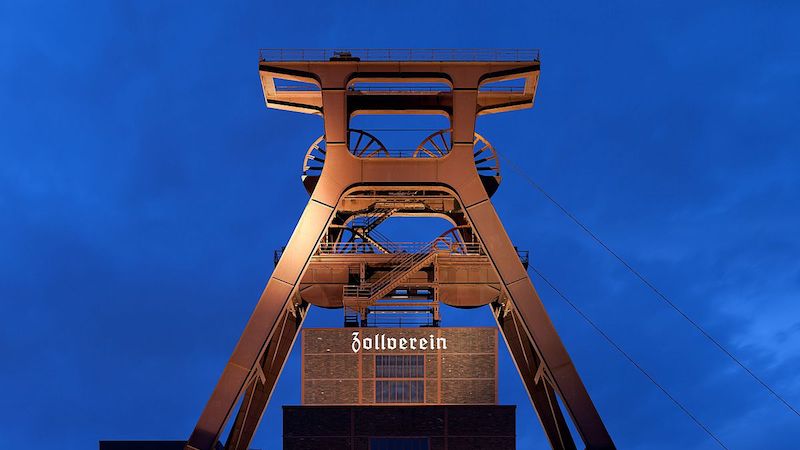The upcoming commission tasked with the management of Germany’s coal exit will prioritise jobs and economic stability over climate protection, a strategy paper seen by the Clean Energy Wire suggests.
“Federal government policy aims to create full employment and comparable living standards in all of Germany,” the paper’s first sentence reads, underlining the commission’s strategic priority of ensuring local economies weather the phase-out of both coal mining and coal-fired power production.
The document acknowledges Germany’s pledge to become “largely greenhouse gas-neutral” by 2050 and confirms the government’s 2030 target of reducing emission by 55% compared to 1990.
We need your help
Become a CHN member for as little as US$5 per month to help us keep bringing you the most in-depth coverage of climate politics and uncovered stories from around the world.
We have set up a Patreon account. It’s a simple, safe and easy way for you to become part of a community that will secure and guide our future.
Thank you!
But it says climate action must be “harmonised” with economic development and social considerations. First reported on by Spiegel Online, the paper says growth and employment in affected regions must be supported by a fund to minimise the impact of the coal exit and other structural changes associated with the country’s Climate Action Plan.
It says a first report on the economic perspectives of lignite mining regions will be compiled by October and the final recommendations ready by the end of 2018.
The task force, formally called the Special Commission on Growth, Structural Economic Change and Employment, will also come up with a plan to come as close as possible to Germany’s 2020 target, ahead of this year’s COP24 in Poland in December, the paper says.
In response to a report by newspaper Handelsblatt that the commission’s timetable would be delayed, economy and energy minister Peter Altmaier said on Twitter: “If they asked me beforehand they would produce fewer false reports”.
The strategy paper says the commission will set a final date for the end of coal-fired power production but does not suggest any interim measures, such as the immediate shutdown of old coal plants called for by the Green Party and environmental NGOs. It says that for Germany to reach its 2030 climate target, carbon emissions from coal-fired power production will have to fall by 60 percent compared to 1990.
This article was originally published on Clean Energy Wire.
